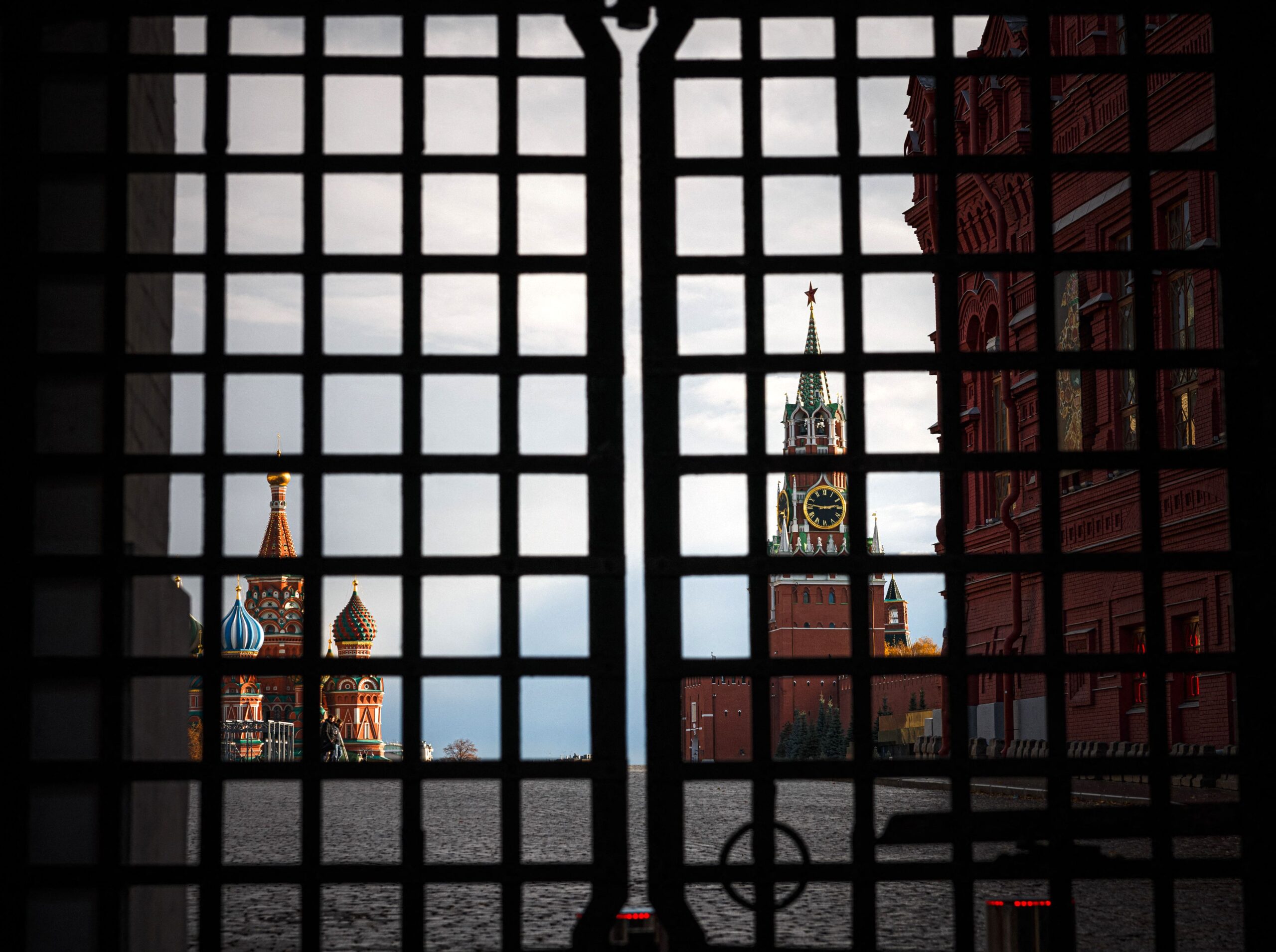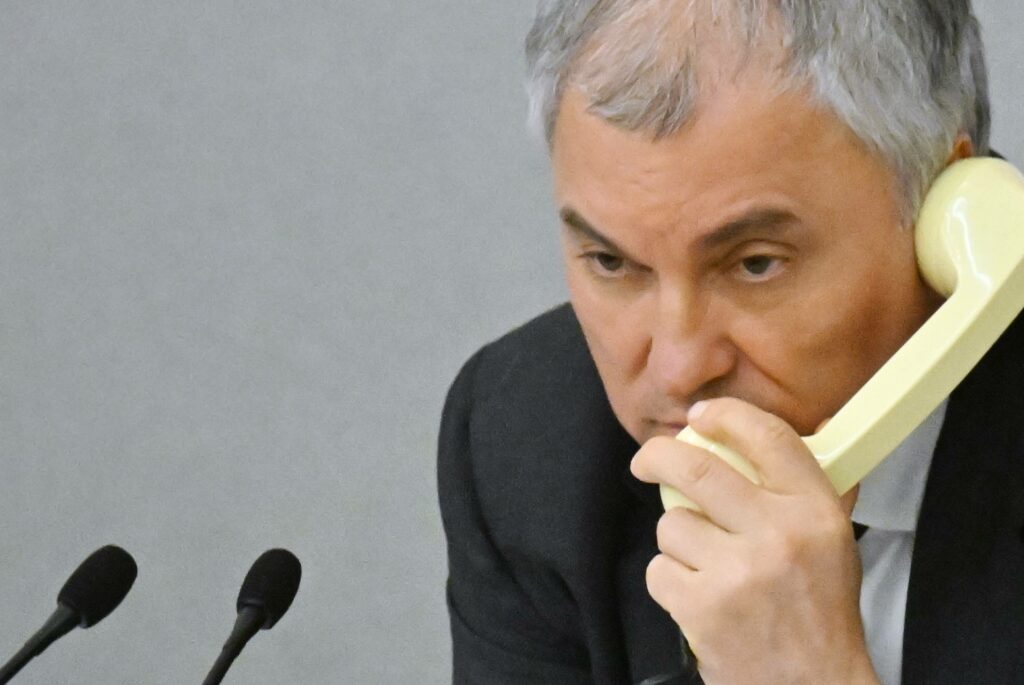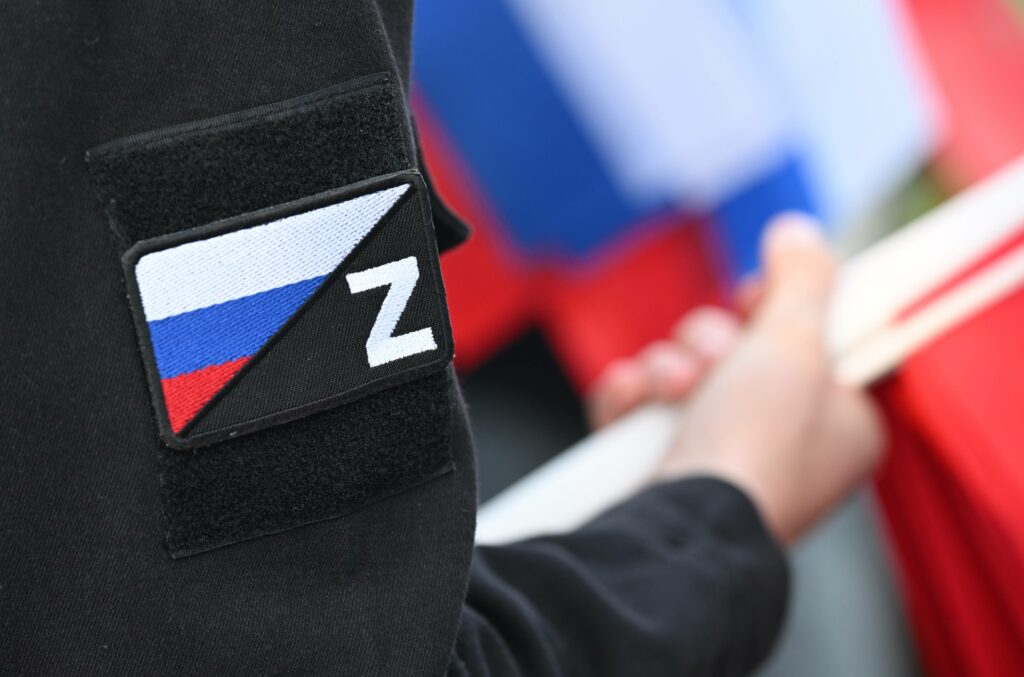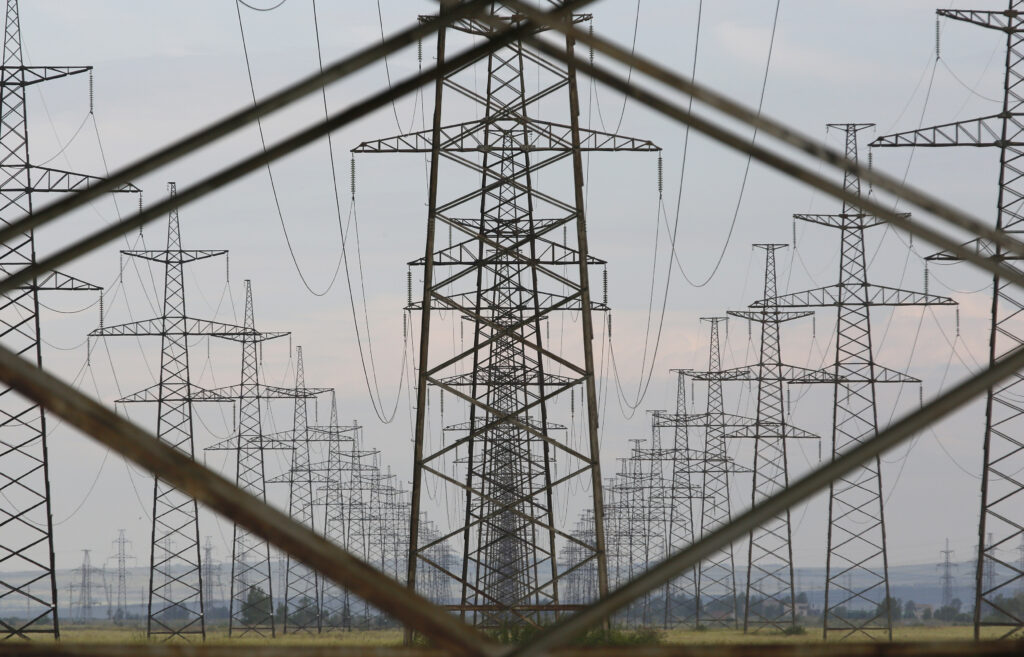Speculation about the possibility of a coup against Vladimir Putin is getting a bit out of hand. According to one report, «[r]umours are swirling in Moscow that a number of former generals and KGB officials are preparing to oust Russia’s president Vladimir Putin». But this smacks of ridiculous exaggeration — and from commentators unfamiliar with the everyday nature of gossip about factional infighting between elite groups in Russia.
It might be tempting, therefore, to dismiss this talk as tabloid-driven nonsense from people who don’t know much about Russia. And there’s certainly a good dose of that. But the mere fact of this coup speculation does tell us something about the nature of Russia’s political system.
Phases of elite (dis)unity
Since Russia’s 24 February invasion of Ukraine, the narrative regarding (dis)unity within the Russian elite has varied. Initially, there was talk of shock and disquiet, with focus on those voices opposing the war — even if only obliquely. The narrative then shifted to commentary on a «rallying ’round the flag» effect, with some suggestions that sanctions might have galvanised elite unity. But, as I have noted previously, there are clear threats to the durability of this unity, including once economic conditions become truly dire and elite groups battle for their share of a shrinking pie.
More recently, the narrative has shifted again: from consensus to cracks. In a Washington Post article, Catherine Belton and Greg Miller catalogue the growing opposition of various forms to the ongoing war by members of the economic elite: «oligarchs» and senior state officials. Although the article stresses that «[n]o one has directly criticized Putin» personally, the president’s centrality to the invasion means that criticism of Putin may well increasingly be inferred by the Kremlin from criticism of the war.
From criticism to coup
And that gets to the nature of the political system and the current situation. Given that Putin has constructed a personalist authoritarian regime, given his centrality to the invasion, and given his use of venomous language regarding «scum and traitors», the mere fact of criticism — even if not naming the president — can take on an existential edge.
Although criticism of the war is not the same as criticising Putin, and although criticising Putin is not the same as calling for a coup, these distinctions can become blurred — or collapse completely. A general tendency in non-democracies to treat criticism as treasonous is only intensified during periods of international conflict — and takes on a conspiratorial dimension. Hints of disquiet about Russia’s war on Ukraine can, therefore, be inappropriately interpreted as evidence of high-level plotting to depose the president. This line of thinking is, in turn, made more tempting with credible reporting about members of the siloviki — those in control of the coercive power needed to challenge Putin — blaming the president for bungling the military strategy in Ukraine.
But the talk about a coup tells us more about the nature of the political system than about the likelihood of Putin’s imminent downfall. Putin’s personalist authoritarian system is based to a large degree on secrecy, coercion, and fear. The combination of warring elite factions and information limitations is, therefore, ripe for gossip and rumours. Moreover, rumours may lead to more rumours — paranoia may encourage more paranoia — raising the risk of a self-fulfilling prophecy.
But it’s unlikely that a coup is just around the corner. Why?
Approval ratings and coup-proofing
Beyond secrecy, coercion, and fear, Putin’s political power — including his ability to keep the elite in check — is also based, in part, on his ability to generate high approval ratings that others can’t. Of course, polling figures from an authoritarian political system in a time of war need to be treated with extreme caution. Beyond the possible obscuring effect of «social desirability bias», one reason to show caution is that reporting a simple approval figure does not convey the previous steps taken to achieve it, such as removing rivals and controlling the media. These steps have allowed Putin to construct a narrative placing him at the centre of developments that Russians engage with positively — something that potential elite challengers are much less able to do.
Some commentators are saying that Vladimir Putin doesn’t have to worry about public opinion — that he’s a totalitarian dictator who rules through coercion alone. But that’s just plain wrong. One indication that it’s wrong: the enormous resources ploughed into state propaganda. A more fundamental reason relates — in the words of the social scientists Sam Greene and Graeme Robertson — to the «perception by millions of Russians that it is to their advantage — politically, economically and socially — to support him». Putin’s power, in other words, is «co-constructed» — and this requires constant management of, and attention to, popular sentiment.
Very brave — or foolhardy — would be members of the elite, therefore, willing to try to topple Putin in a coup with his public approval ratings this high, even if the figures are inflated or grossly simplify a complicated attitudinal landscape. And, on top of this, we shouldn’t ignore the steps taken by Putin to «coup-proof» his position, including through the design of coercive organisations and relationships.
It is likely, therefore, that rumours of a coup do not signal a coming coup. But we can still learn something from the speculation. We can continue to roll our eyes at feverish talk about palace plotting. We can continue to groan at the proliferation of pieces on Putin’s health, even if there may be good reasons for some of this speculation. But we shouldn’t forget that such talk is probably inevitable — between ignorant outsiders, as well as between those closer to the action — given the nature of Russia’s political system.
What does this all mean for analysis of Russian politics? Informational limitations will remain, but there isn’t a complete blackout. We should be alert to the statements and actions of elite members, particularly when these signal a change or show differences between individuals, however subtle — and particularly as economic conditions become even trickier. So too should we continue efforts to gauge what Russian citizens think. If Putin were to begin to lose his «co-constructed» power — if, in other words, a significant share of Russians were to begin to question the advantageousness to them of him remaining in power — then we would be in uncharted territory. But we aren’t there — yet.










